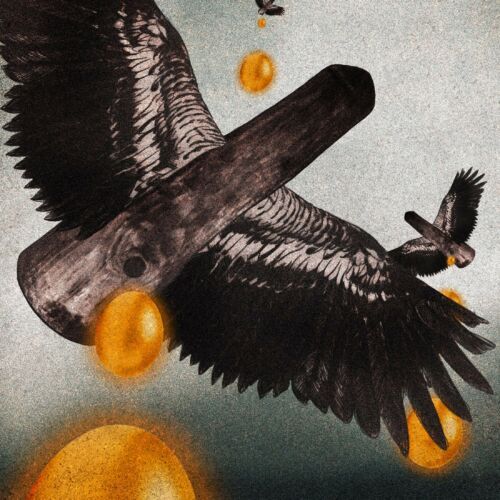Ireland’s last matchmaker and dating apps for people with disabilities
In India, people with disabilities often face discrimination and exclusion, including from social life. According to the 2011 census, there were approximately 26.8 million people with disabilities living there at the time, and 40% of them were single. In India, a dating app called “Inclov” ran for several years and successfully paired many couples with disabilities. In September 2022, MatchAble, an app also focused on inclusion and improving the social lives of people with disabilities, was launched.
According to data from the UK Office for National Statistics in England and Wales, same-sex married couples and couples in partnership relationships are more likely to be younger, have no religion and have higher professional qualifications than heterosexual couples. At the same time, the number of marriages is the lowest on record. According to the March 2021 census, 37.9% of adults in England and Wales have never been married or in a partnership relationship.
Willie Daly is an 80-year-old Irishman and probably the country’s last official matchmaker. In the past, every town in Ireland had its own traditional matchmaker. Willie connected the first couple through a meeting in the church. Matchmaking could occur anywhere people turned up – in a pub, at a wedding or funeral. However, in the age of dating apps, the matchmaking profession is fading into oblivion, and Willie has no successor to carry on the tradition upheld by him, his father and grandfather.























